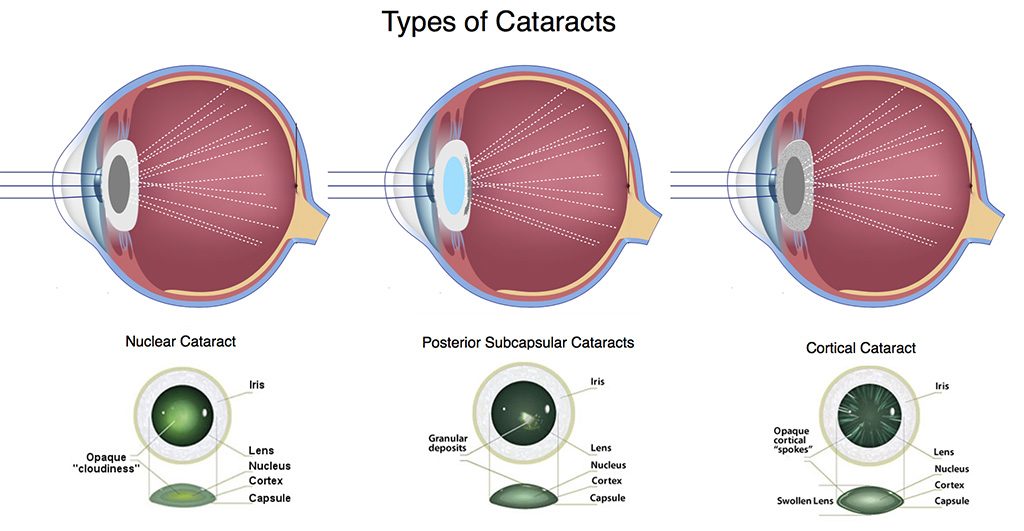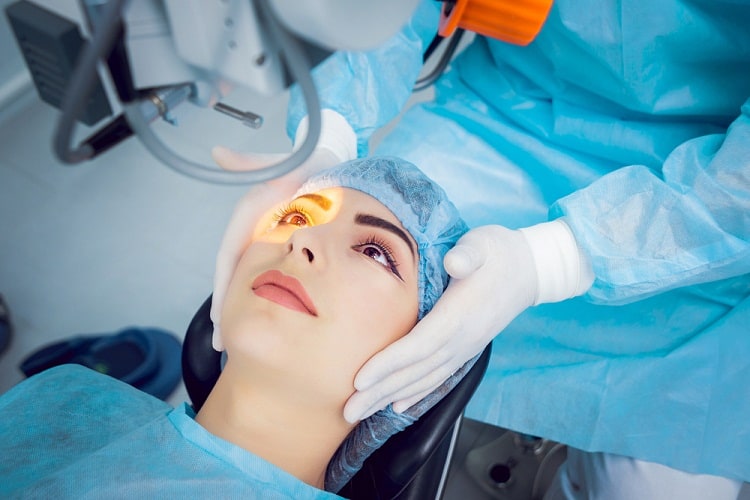What you need to know about Cataract Surgery Procedure
Contents
- 1 What you need to know about Cataract Surgery Procedure
- 2 What Does the Procedure Involve?
- 3 How Long Should You Stay at the Destination?
- 4 How Long is the Recovery Time?
- 5 What Aftercare Should You Consider?
- 6 What is the Success Rate for a Cataract Surgery Procedure?
- 7 Are there Alternatives to a Cataract Surgery Procedure?
- 8 What Should You Expect Before and After the Procedure?
Cataract surgery is a surgical procedure to remove the natural lens of your eye and replace it with an artificial lens. The procedure is usually performed on people with a cataract that cause dim or blurred vision, double vision, a halo around bright lights, and poor night vision. The goal of the surgery is to help you see better.
What Does the Procedure Involve?
You will be awake during the procedure, but you will be given a local anesthetic to numb the area and you may receive a sedative to help you relax. Your surgeon will make a tiny incision in the front of your eye, remove the clouded lens, and implanted a clear artificial lens made of plastic, silicone, or acrylic, and close the incision. In some cases, your surgeon may only remove the cataract without implanting a new artificial lens.

How Long Should You Stay at the Destination?
Cataract surgery is an outpatient procedure, meaning you can leave the hospital on the same day as the surgery. You should aim to stay in the local area for at least 3 to 7 days to allow your eye to heal and to go to follow-up hospital checkups as your surgeon will need to monitor your healing progress.
How Long is the Recovery Time?
The complete recovery period until you are fully healed is about eight weeks. During this period, avoid any strenuous activity and heavy lifting, bending or exercising activities that might stress your eye and any activities that would expose your eye to dust or grime. However, you may be able to go back to work and return to some of your normal activities within a week or two.
What Aftercare Should You Consider?
Your surgeon may prescribe eye drops as well as other medicine to control eye pressure, prevent infection, and reduce inflammation, make sure to take it as prescribed. You may also need to wear an eye patch or protective shield when you sleep to prevent you from pushing or rubbing on your eye. Most people need glasses after cataract surgery, but you can only get a prescription for eyeglasses after your eyes have healed enough (within one to three months after surgery).
What is the Success Rate for a Cataract Surgery Procedure?
Cataract surgery is a common and safe procedure, with about 90% of people that can see better after the surgery. However, it is very important to have realistic expectations. The side effects and risks of cataract surgery are swelling, eye infection, bleeding, drooping eyelid, retinal detachment, dislocation of the artificial lens, secondary cataract, loss of vision, inflammation, and glaucoma.
Are there Alternatives to a Cataract Surgery Procedure?
In the early stages when your vision is still quite good, or when your cataract does not interfere with your ability to perform your daily activities, your doctor may recommend you to have periodic reviews to monitor your cataracts without any treatment. Your doctor may also advise you to change your glasses or contact lens to improve your vision.
What Should You Expect Before and After the Procedure?
Before cataract surgery, you may find it difficult to carry out your normal activities, such as driving at night, enjoying the outdoors, reading, or work on a computer. After the surgery, your vision will be a lot better and you can enjoy many activities that you couldn’t perform because of your cataract.
For an in-depth analysis of a Cataract Surgery Procedure, watch this short video.
https://youtu.be/V99wUWknGvA
To check prices or to book a Cataract SurgeryProcedure in Thailand or anywhere else in the world, head on over to MyMediTravel now!

